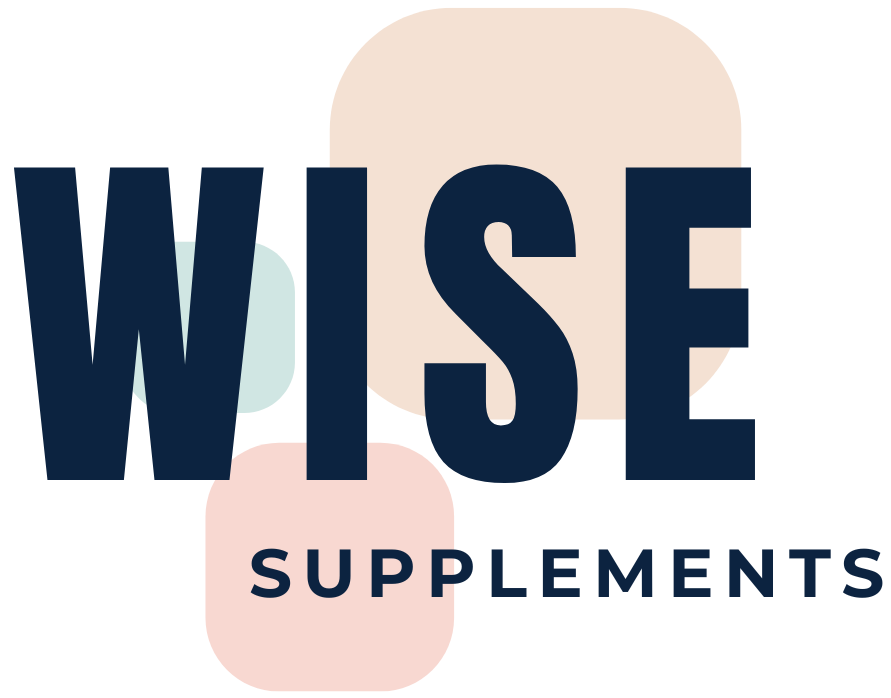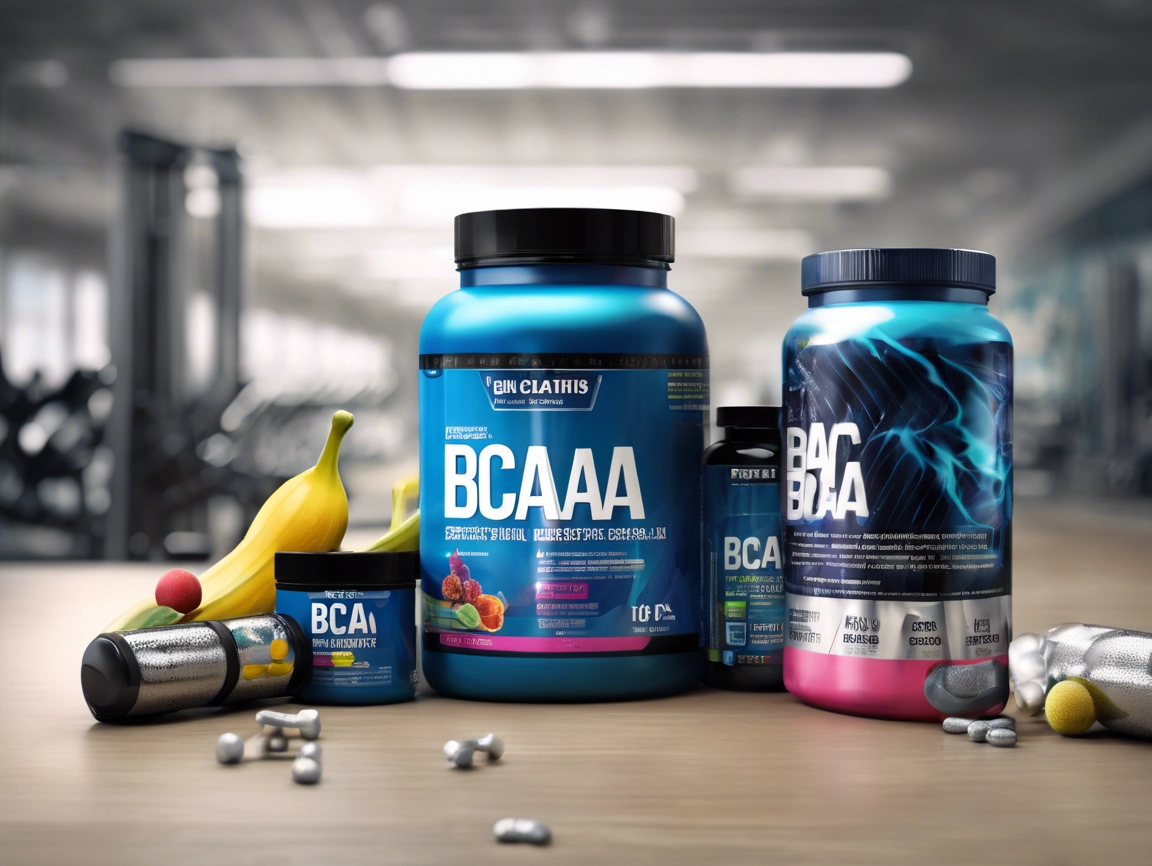Glutathione: The Master Antioxidant
Glutathione is a potent antioxidant that plays a crucial role in cellular health. Often referred to as the “master antioxidant,” it is a molecule composed of three amino acids: cysteine, glutamine, and glycine. Glutathione is found in every cell of the body, and its primary function is to protect cells from oxidative stress and free radical damage, thereby contributing to the overall well-being of individuals. Due to its significant health benefits, glutathione supplementation has gained considerable attention in the wellness community.
History of Glutathione
The discovery of glutathione dates back to 1888 when it was first identified by the British chemist Frederick Gowland Hopkins. However, it was not until the mid-20th century that its biological significance began to be understood. Research into glutathione accelerated in the 1970s when scientists uncovered its critical role in detoxifying harmful substances in the liver and supporting immune function.
Over the years, numerous studies have highlighted the importance of glutathione in health maintenance and disease prevention. Its therapeutic potential has led to its application in various fields, including aging, cancer therapy, and chronic disease management. The demand for glutathione supplements has surged as more people seek to improve their overall health and combat oxidative stress.
The Uniqueness of Glutathione
What makes glutathione particularly special are its multifaceted functions and unique properties that distinguish it from other antioxidants. Unlike vitamins C and E, which must be obtained from dietary sources, glutathione is synthesized within the body. However, factors such as poor diet, environmental toxins, stress, and aging can deplete glutathione levels, making supplementation beneficial.
Cellular Protection
Glutathione is integral to the body’s defense system. It neutralizes free radicals, which are unstable molecules that can damage cellular structures and DNA. By maintaining a balanced level of glutathione, individuals can reduce the risk of chronic diseases, including heart disease, diabetes, and cancer. The ability of glutathione to regenerate other antioxidants, such as vitamin C and E, enhances its protective effects, making it an indispensable component of the body’s antioxidant arsenal.
Detoxification
One of glutathione’s key roles is detoxification. It assists in the conjugation of toxic substances, making them water-soluble and easier to excrete from the body. This function is particularly vital in the liver, where glutathione helps to neutralize harmful compounds produced from environmental pollutants, medications, and alcohol. Supplementing with glutathione can stimulate the body’s natural detoxification processes, promoting liver health and reducing the burden of toxic exposures.
Immune Function
Glutathione is crucial for maintaining a robust immune system. It supports immune cell function, protects against infections, and enhances the body’s response to pathogens. Low levels of glutathione have been associated with increased susceptibility to infections and chronic inflammation. By boosting glutathione levels, individuals may experience improved immune responses, potentially reducing the risk of illness.
Benefits of Glutathione Supplementation
The potential benefits of glutathione supplementation are numerous and include:
- Enhanced detoxification: Supports the liver in processing toxins and waste products.
- Improved skin health: Glutathione is known for its skin-lightening effects and ability to combat uneven skin tone and hyperpigmentation.
- Boosted immune function: May reduce the frequency and severity of infections.
- Reduced oxidative stress: Protects cells from damage caused by free radicals.
- Increased energy levels: May improve cellular function and reduce feelings of fatigue.
Forms of Glutathione Supplements
Glutathione supplements come in various forms, including:
Oral Supplements
These include capsules and tablets containing glutathione or its precursors, like N-acetylcysteine (NAC) and alpha-lipoic acid. Oral supplements are convenient and easy to take, but there is ongoing debate about their bioavailability, as some studies suggest that glutathione may not be well absorbed through the digestive system.
Intravenous (IV) Glutathione
IV glutathione administration delivers the antioxidant directly into the bloodstream, ensuring maximum absorption and immediate effects. This method is commonly used in clinical settings for patients requiring quick therapeutic interventions, such as those undergoing chemotherapy or detoxification protocols. However, it may be less accessible and more expensive for general use.
Topical Applications
Glutathione is also incorporated into various skincare products, promising to promote a brighter complexion and reduce signs of aging. These topical formulations leverage glutathione’s antioxidant properties and may aid in skin repair and rejuvenation.
Pros and Cons of Glutathione
As with any health supplement, it is essential to consider both the pros and cons of glutathione:
Pros
- Powerful antioxidant: Protects cells from oxidative stress and damage.
- Supports liver health: Aids in the detoxification process.
- Boosts immune response: Enhances overall immune function.
- Skin health benefits: Can improve skin appearance and complexion.
- Potential anti-aging effects: May slow down the aging process at the cellular level.
Cons
- Variable absorption: Oral forms may have inconsistent bioavailability.
- Cost: High-quality glutathione supplements can be expensive.
- Limited research: While many studies support its benefits, more extensive research is required in certain areas.
- Potential side effects: Some individuals may experience gastrointestinal upset or allergic reactions.
How to Choose a Glutathione Supplement
Choosing the right glutathione supplement involves considering several factors to ensure you select a high-quality product:
Formulation
Look for supplements that contain reduced glutathione (GSH), as this is the most bioactive form of the molecule. Additionally, consider products containing bioavailable precursors like NAC, which may enhance the body’s production of glutathione.
Quality and Purity
Opt for brands that prioritize quality and transparency. Choose products that have undergone third-party testing for purity and potency, ensuring you receive a safe and effective supplement.
Dosage
Consult with a healthcare professional to determine the appropriate dosage for your specific needs. While some individuals may benefit from higher doses, others may experience optimal results with lower amounts.
Conclusion
Glutathione serves as a vital component of overall health, acting as a powerful antioxidant, supporting detoxification, and boosting immune function. Its unique properties and numerous benefits make glutathione supplementation an appealing option for those seeking to enhance their well-being. However, it is essential to weigh the pros and cons, consult with healthcare professionals, and choose high-quality products tailored to individual needs.
As the demand for health supplements continues to rise, glutathione remains at the forefront of discussions surrounding antioxidant support and wellness. By considering its benefits, factors related to supplementation forms, and quality assurance, you can make informed choices about incorporating this potent antioxidant into your health regimen.
For further reading, consider exploring the following resources:

